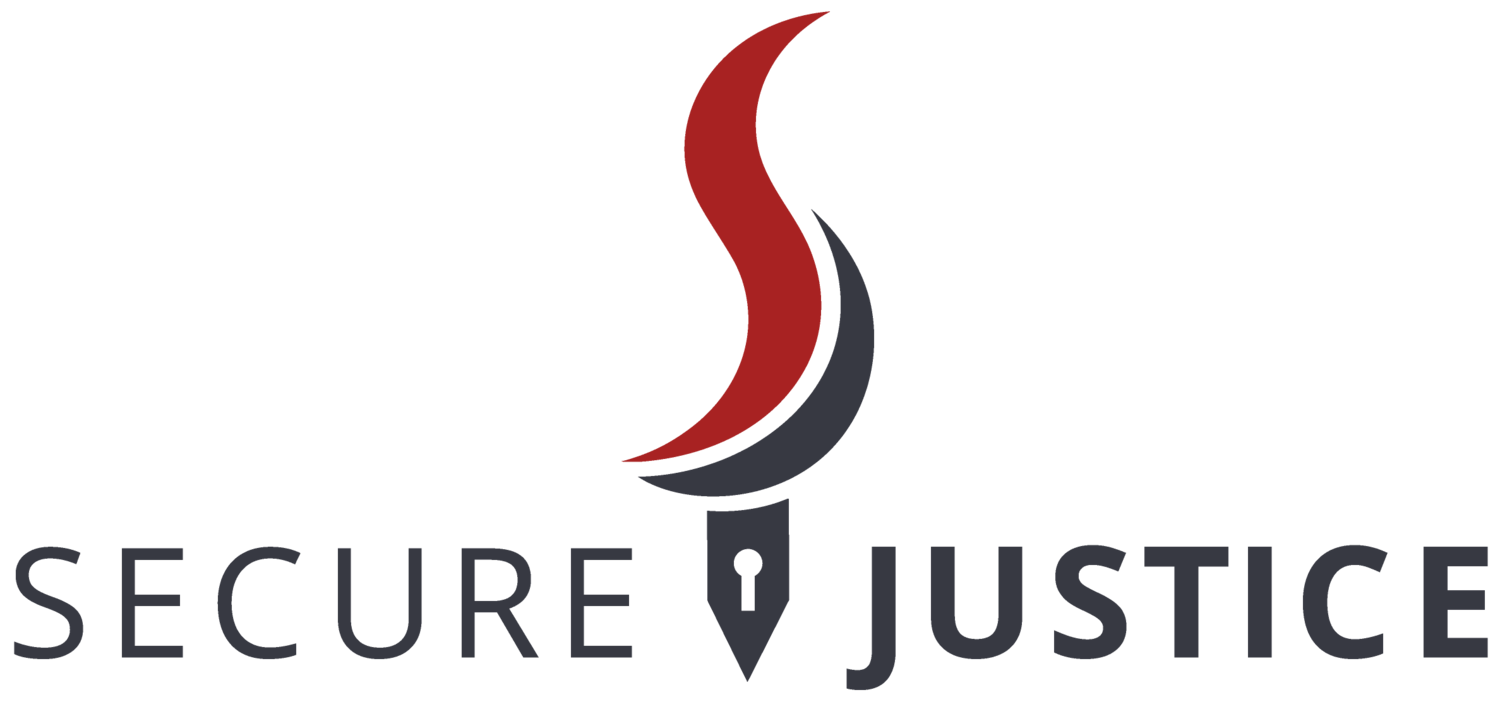Spring 2022 - a note from our Executive Director
We barely survived the mad dash to the end of 2021. This year isn’t starting off any easier.
by Brian Hofer, Executive Director and Chair of the Board
If you’re navigating the privacy, regulatory, and emerging technologies space like Secure Justice, you know how difficult defending civil liberties has been during the pandemic. Every day, national media outlets regurgitate police press releases seemingly without any fact checking or pushback, reporting easily disproven statistics about violent crime and outright lying about the impact of progressive policies and prosecutors on public safety across the country.
The general populace seems to share a mistaken belief that violent crime is omnipresent, and that out-sized police budgets are not sufficient. Clearly, the enormous financial outlays taking up the majority of municipal budgets and the vast arrays of surveillance technology already in place have failed because they aren’t larger, not because they’re the wrong solution. Or so the narrative goes.
At the end of 2021, Secure Justice formally presented to governing bodies in fifteen states across our country on all things surveillance tech, at the invitation of local community groups and allied elected officials that understand how surveillance systems can be turned against us in the blink of an eye. Without any proof of efficacy and lacking any guardrails, elected officials and their constituents demand that “we have to do something,” like install automated license plate readers and gunshot detecting sensors, even though neither has been shown to have any deterrent effect on gun violence or violent crime in general. 2022 isn’t starting off any slower or easier, as we join countless individuals and allied organizations attempting to defend the hard fought wins of the past few years. Check out our new video podcast, featuring local experts as they discuss how these national trends are impacting electoral politics in San Francisco, home to a progressive prosecutor and the first municipal law prohibiting the use of facial recognition technology.
Despite the media portrayal, our outlook for the upcoming year isn’t filled with doom-and-gloom. For the first time in our short history, Secure Justice has unfortunately had to decline opportunities to advise, collaborate, and train folks due to our capacity limits. This is an encouraging signal that like-minded individuals across the country are attempting to replicate the clear civil liberties victories and pragmatic approach we favor, when it comes to the regulation (or prohibition) of powerful technologies and datamining tools. Our friends in the Trust SD Coalition had to patiently await the fruits of their multi-year effort, but it paid off this spring when the City of San Diego (eighth most populous city in the country) enacted an Oakland-inspired Privacy Advisory Board to help the city vet surveillance technologies. Their accompanying surveillance technology vetting ordinance, also closely following Oakland’s, is expected to be voted upon soon. The rapid spread of automated decision making technology has led to groundbreaking privacy frameworks being enacted domestically and abroad. See our advisory team member Shabnam Tai’s blog for a breakdown of how these regulatory environments strive to mitigate the potential harms from these mostly invisible processes which directly impact millions of people every day.
We’re presently working with academic researchers, legal clinics, practitioners, and more community organizers than we can keep track of to develop training tools for policy writing and contract drafting, to conduct surveillance technology impact assessments, crafting legal guides for lawyers and elected officials as they make policy decisions, and training individuals and organizations on how to effectively advocate for greater transparency and accountability within their respective levels of government. We also have engaged with organizations and their elected allies in multiple cities as they contemplate creating their own municipal privacy commissions, including two jurisdictions larger than San Diego that could move the national discussion around privacy in a major way.
But we cannot continue at this pace without hiring additional staff to help us keep up. Your monthly sustaining donation will be a big help in not only meeting our growing overhead, but it also demonstrates to institutional funders that there is a wide demand for our expertise. Please consider making a monthly contribution at any dollar amount comfortable for you here. Of course, we are grateful for any donation, large or small.
On to the next battle…

